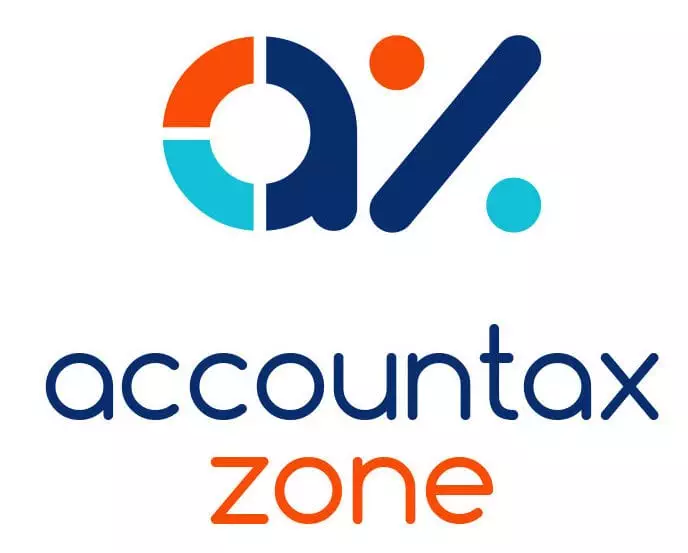If you have room on your drive, you may be able to earn additional income by letting out one or more parking spaces. This can be done through the various apps that exist for this purpose. You can make your drive available on an ad hoc basis, for example to provide parking near an event or for day trippers to the seaside, or regularly, for example, to commuters if you live near a station.
The tax implications will depend on the rental income that you generate.
Rental income of less than £1,000
Where the rental income received in the tax year is less than £1,000, the income is not charged to tax (unless you elect otherwise). The income does not need to be reported to HMRC and can simply be ignored for tax purposes.
Example
Mable lives near a popular sporting venue and lets out a parking space on her drive. She earns rental income for the tax year of £720. As this is less than the property allowance, it is not charged to income tax and she does not need to report it to HMRC.
You may also like to read: VAT and DIY housebuilders
Rental income of more than £1,000
Where rental income exceeds £1,000, you can choose how you want to be taxed. You can deduct either your actual expenses or the £1,000 allowance from your rental income to arrive at your taxable profit. Claiming the allowance will be beneficial if your actual expenses are less than £1,000.
If you decide to deduct the allowance, you must elect for this treatment to apply; otherwise, you should deduct actual expenses when calculating your profit. You can choose which gives the best result.
Example
David lives near the station and lets his drive to a commuter. He receives rental income from the letting of £2,000 a year. He incurs admin expenses of £120.
Calculating his profit in the usual way by deducting expenses would result in a taxable profit of £1,880. However, if he elects instead to deduct the property allowance, his taxable profit is reduced to £1,000. In this case, an election is worthwhile.
Losses
If actual expenses exceed the rental receipts, it is better not to claim the allowance and preserve the loss, which you can carry forward to set against future profits. This will however mean that you need to report the income to HMRC.
Partner note: ITTOIA 2005, ss. 783B – 783BQ










